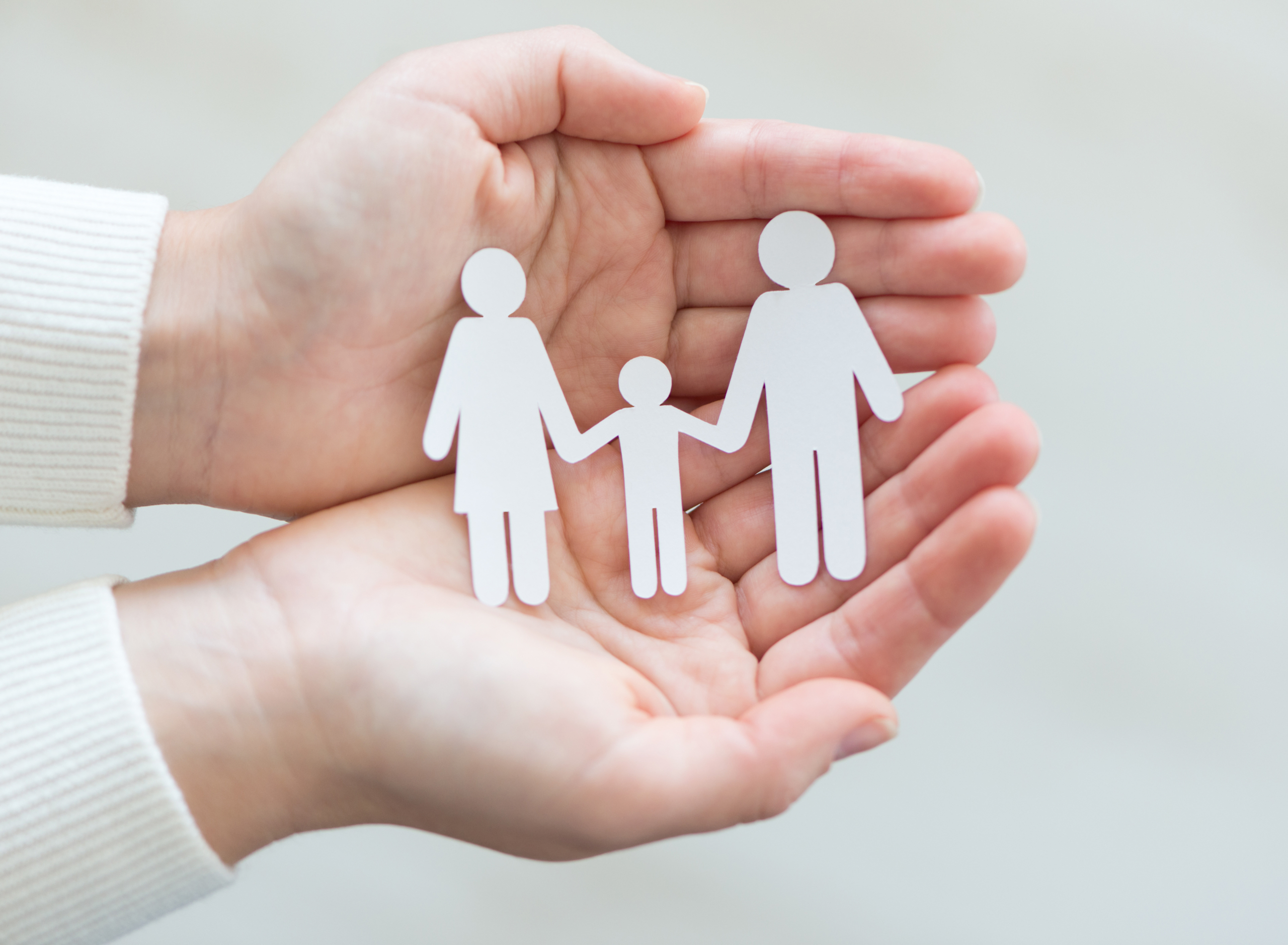Why Adoption Identity is Important
Adoption is a commitment and journey that transforms lives. As adoptive parents, you need to be ready for an era filled with lots of love and lots of challenges. One of the most important parts of adoption is making sure your child knows that you are their first line for support—especially when it comes to understanding who they are. Figuring out who you are and how you fit in is tricky enough. So, it’s not surprising that the added layer of adoption can make it even more confusing for adoptees.
What is identity and why does it matter? Your identity is a mix of your heritage, culture, and personal experiences. For adoptees, finding identity can be tough. They balance embracing you, their adoptive family, while wondering where they came from.
Acknowledging the Complexity of Adoption
At its core, adoption is a mix of joy and loss. Your child is going to have questions about their biological origins. And their curiosity is a natural part of their journey to self-discovery just like anybody else’s. Appreciate their feelings and be there to support them. Be thankful that they trust you enough to come to you with their questions or concerns. While you may not understand everything your child will go through, you can listen and be their rock.
Understanding an Adoptee’s Perspective
How do you do this, especially if you are not an adoptee yourself? Depending on where you are in your journey together, put yourself in your child’s shoes. Imagine their curiosity about their biological parents, the desire to connect with their heritage, and the inevitability of wanting to know more.
While your life together may be wonderful, sometimes bridging the in-between of adoptive family and biological family can be confusing. It’s not that your child isn’t happy in their home, but they may be feeling conflicted as to underlying feelings of loss. They may question how they fit into their forever family and why their biological family was unable to fill that role.
While you may not have all the answers, your understanding creates a supportive and nurturing environment.
Creating Open Dialogue
Communication is key. Encourage open discussions about your family’s adoption—the earlier the better. It’s never too early to broach the topic with age-appropriate conversations and stories.
Your job is to make sure your child feels comfortable sharing their thoughts and questions. You can do this by creating an atmosphere where their curiosity is met with understanding and honesty.
How Parents Can Help
Embrace and Celebrate Differences
Your family is an imperfectly perfect blend of unique backgrounds and experiences. It’s important that you embrace and celebrate the diversity within your own family unit. How can you do this if you’re unfamiliar with all of your family’s roots (meaning your child’s biological roots)? You can attend cultural events, explore your child’s heritage together, and try to integrate traditions from both their birth and adoptive cultures.
Don’t be afraid to try new things. And don’t be shocked if your child doesn’t like a new activity or tradition. At our core, we are all individuals.
Find what works for your family.
Create a Safe Space for Questions
It should come as no shock that adoptees usually have lots of questions about their adoption story. It’s up to you to make sure your home is a place where questions are met with patience and understanding. Just be honest about what you know, and if there are gaps, it’s okay to acknowledge them.
It’s okat to say, “I don’t know.”
Explore Cultural Connections
As an adoptive parent, you should plan to help your child connect with their birth culture. Whether it’s through language classes, cooking traditional meals, or learning about customs, building a connection with their heritage provides a real sense of belonging. Look for resources and communities that offer additional support and understanding. It may take some digging, but they are there. You may even consider starting your own support group! You’ll be surprised how many other families are going through similar situations.
Celebrate Adoption Anniversaries
As appropriate, celebrate your child’s adoption day as an anniversary, commemorating the love and bond that brought you together. This day may look and feel different for everyone.
If your child shows signs of struggling with their adoption, a hug and a kiss might be enough to gently remind them of how special they are to their family. If they love to bring out the family videos and photo albums, make it a day filled with joy and reflection. Family game night or movie night in their honor lets them know they are an important member of your family
Educate Friends and Family
Adoption education is not just for you, it’s for everyone in your extended circle. Give your friends and family information and knowledge about adoption sensitivity. This not only leads to a more supportive environment for your child, but also helps correct the myths and misconceptions about adoption.
Getting Professional Support
Sometimes, the complications of identity and adoption may require professional guidance. Therapists specializing in adoption offer valuable insights and tools to help navigate challenging emotions. Consider looking for their expertise so that your child receives the support they need. Don’t be afraid of the word therapy. Therapists may not wear capes, but they can untangle emotional knots!
As adoptive parents, you play a huge role in helping your child discover their identity. It’s a mix of laughter and tears, curiosity and discovery. Embrace the uniqueness of your family. Enjoy the joys of watching your child bloom into the person they are meant to be. Remember, adoptive parenting is about love, patience, and a willingness to walk hand in hand with your child.








